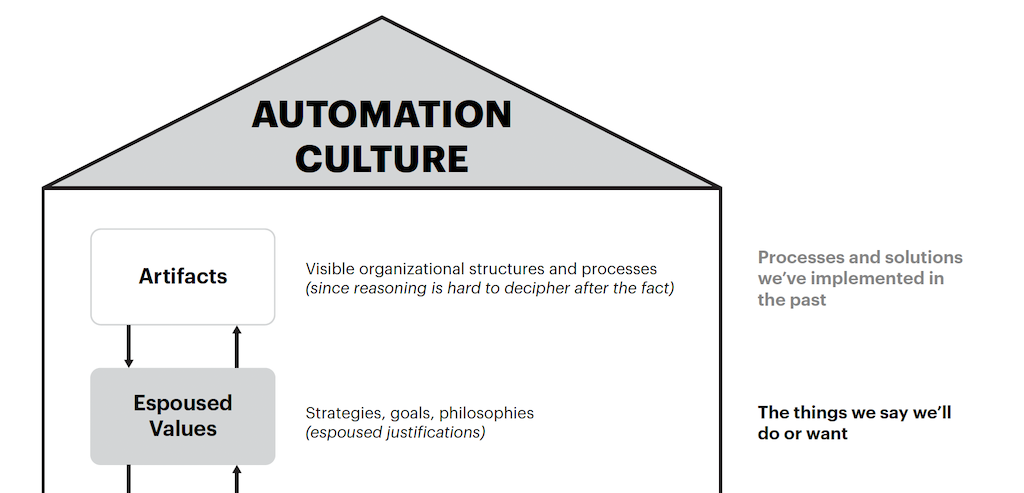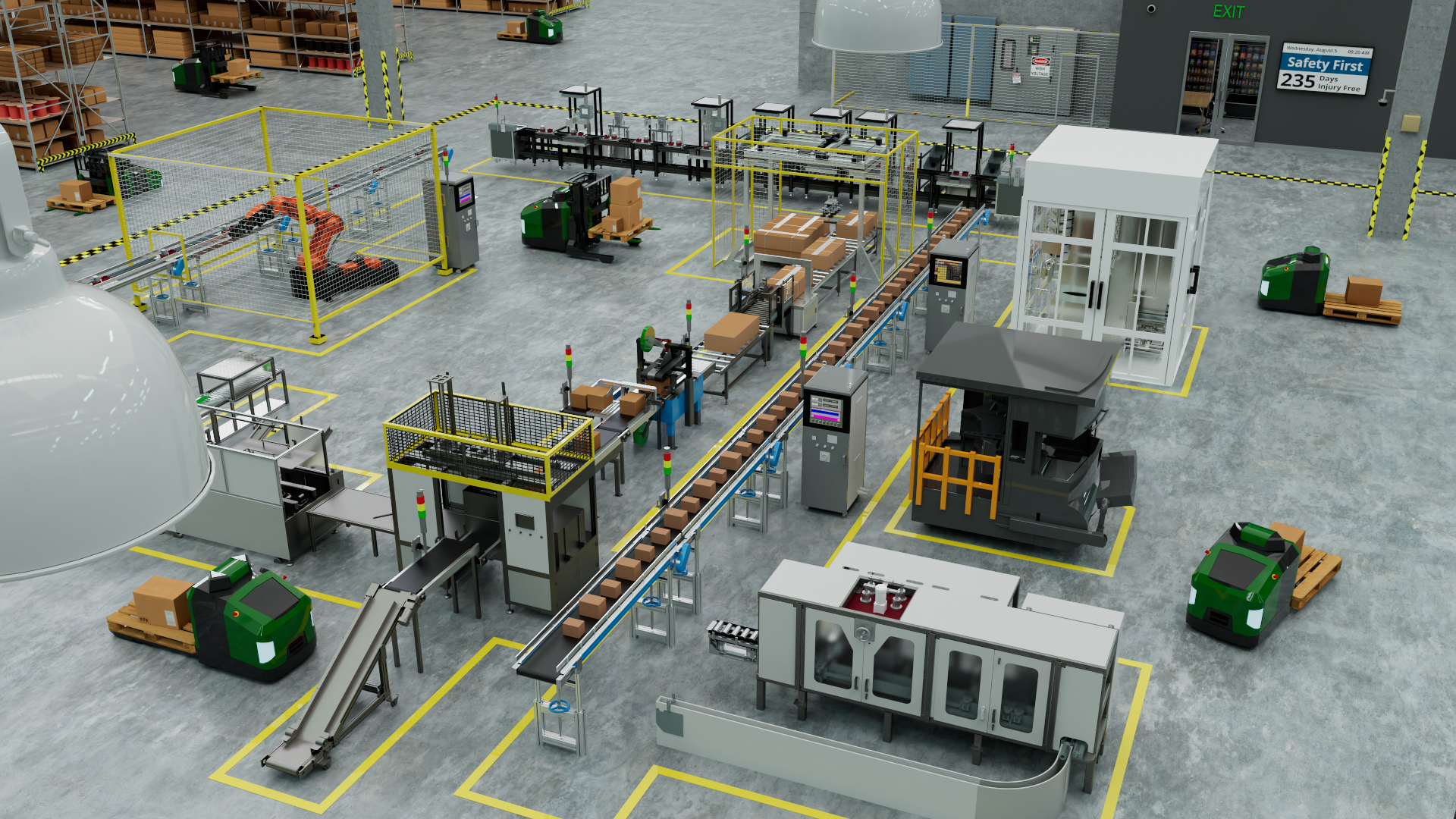There has been a lot of discussion as to why we are asking technicians to write corrective work orders for problems found on a PM instead of fixing the issue on the spot. If we consider the example of the four machines below, it becomes clear why this is the case.

There has been a lot of discussion as to why we are asking technicians to write corrective work orders for problems found during preventive maintenance (PM) instead of fixing the issues on the spot. If we consider the example of the four machines below, it becomes clear why this is the case.
A technician is assigned a two-hour PM for each of the machines below. As he checks No. 1, there are no issues found and the PM is completed with no corrective work order generated. As the inspection of No. 2 begins, he notices an issue. It is not very critical and could wait until next weekend, but he decides to fix it anyway. The repair takes another two hours. He moves on to machine No. 3. There are no issues that demand immediate attention. Since the PM of No. 2 and the corrective work order to fix the issue have taken a total of four hours, it is now time to go home and the PM for machine No. 4 does not get done.
The problem is, machine No. 4 has a failure in it that will shut the machine down in a day if not detected. The next shift coming in has its own list of things to do and will not get to the PM on machine No. 4 that the previous shift did not complete.
What we are trying to accomplish is to get as many failures detected as early on in the failure curve as possible. Some repairs need to happen as soon as the fault is detected, but most times this is not the case. We need to adopt an inspection mindset when doing a PM and provide a clearly written corrective work order when a failure is detected. When we plan for a repair, all of the parts can be ordered and the job will take less time. This is not the way things have been done in the past, but we cannot continue to do things the same way and expect better results. We must change the way we operate in order to improve.
—Rick Clonan is a reliability supervisor at Nissan Motor Corp. This article originally appeared on ReliabilityNOW. Eruditio is a CFE Media content partner. Edited by Erin Dunne, production coordinator, CFE Media, [email protected].



